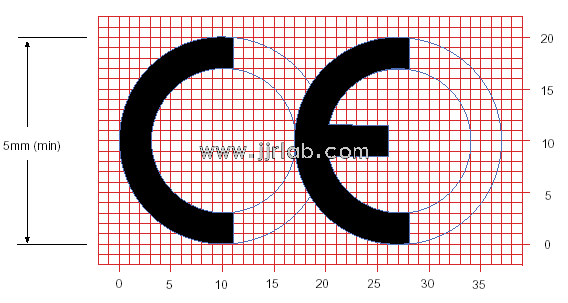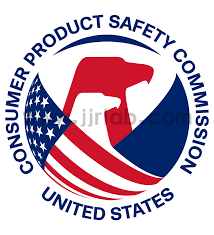
What is EEC Certification for Electric Vehicles?
Basic Concept
EEC certification for electric vehicles is a mandatory road-use certification for exporting to the European Union (EU). Also referred to as COC certification, WVTA certification, type approval, or homologation, these terms all generally mean the same as EEC certification. Since January 1, 2016, the new standard 168/2013 has been officially implemented. This new standard provides more detailed classification for EEC certification, primarily to distinguish it from car regulations.

Four Mandatory Conditions for Electric Vehicle EEC Certification
1. WMI (World Manufacturer Identifier):
A unique vehicle identification number is required.
2. ISO Certificate:
Pay attention to the scope of production and expiration date. Timely supervision and audits are necessary.
3. E-MARK Certificates for Components:
Components such as lights, tires, horns, mirrors, reflectors, seat belts, and glass (if applicable) must be purchased with E-MARK samples and come with complete E-MARK certification. It's crucial to consider the ongoing supply of these certified components. Once a specific manufacturer's E-MARK-certified parts are used, they must be consistently sourced from the same supplier. Otherwise, the EEC certificate for the whole vehicle may face complications regarding extensions. Note that E-MARK certificates are for individual components.
4. Authorized EU Representative:
An authorized representative in the EU is required, which can be either a European company or individual.
Standards
1. In 2009, the EU introduced the new standard EN15194 for electric pedal-assisted bicycles. This international safety standard for electric pedal-assisted bicycles demonstrates that products meeting it are of high international quality, promoting market expansion for manufacturers.
2. For electric pedal-assisted bicycles sold in the EU, compliance with the MD Directive, D Directive, and EMC Directive is required.
3. The EN15194 standard primarily consists of four parts: mechanical safety, electromagnetic compatibility (EMC), electrical safety, and functional safety. Complete bicycles and electronic components are tested according to the updated EN15194:2017 standard.
4. CE certification focuses on product safety. After obtaining CE certification, electric pedal-assisted bicycles can be sold in EU member states. Additionally, CE certification enhances product visibility and credibility. Electric pedal-assisted bicycles are considered as a whole, and aspects like batteries, circuits, and electromagnetic compatibility must comply with EU standards.
Email:hello@jjrlab.com
Write your message here and send it to us
 Conforms to ASTM D4236
Conforms to ASTM D4236
 Consumer Electronics Certification and Regulation
Consumer Electronics Certification and Regulation
 CE Certification Canada
CE Certification Canada
 What is the ANSI/CAN/UL 2056:2024 test?
What is the ANSI/CAN/UL 2056:2024 test?
 16 CFR 1210 Lighter Testing and GCC Certification
16 CFR 1210 Lighter Testing and GCC Certification
 Textile Fabric Testing
Textile Fabric Testing
 PPE Testing Labs
PPE Testing Labs
 Amazon Approved Testing Labs
Amazon Approved Testing Labs
Leave us a message
24-hour online customer service at any time to respond, so that you worry!




